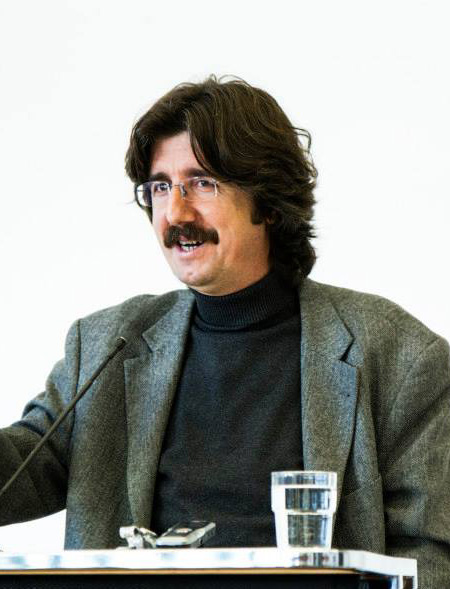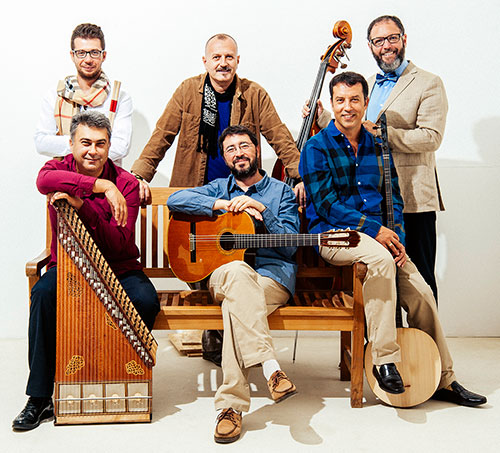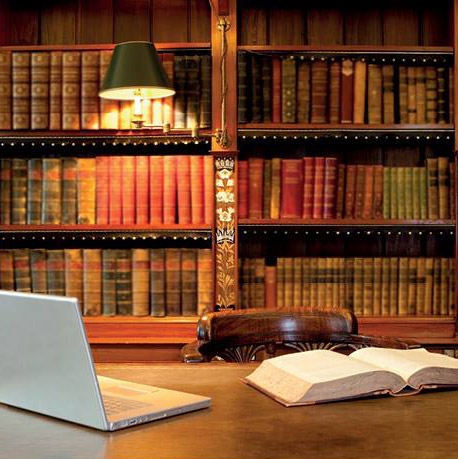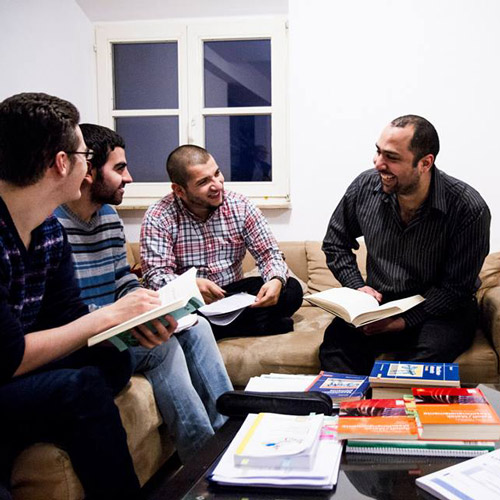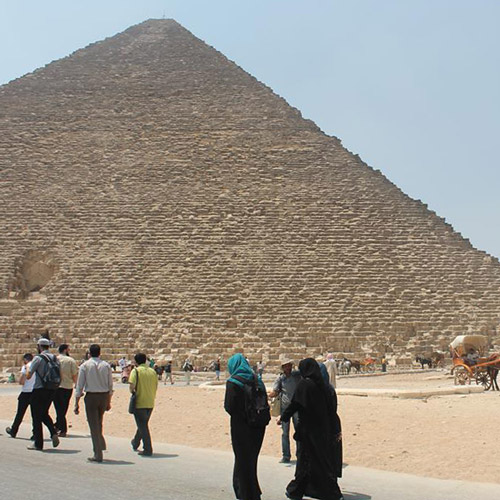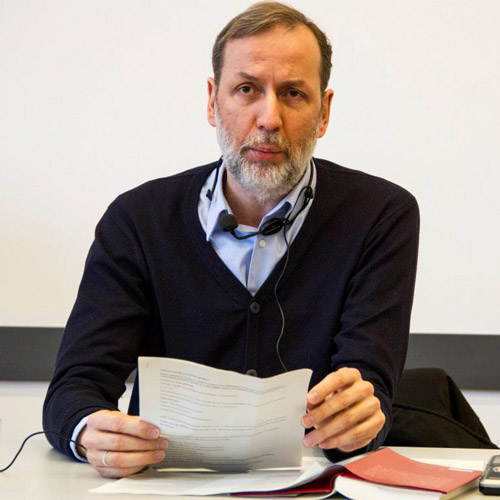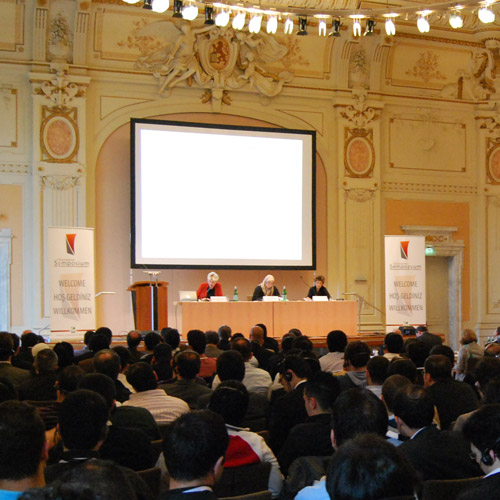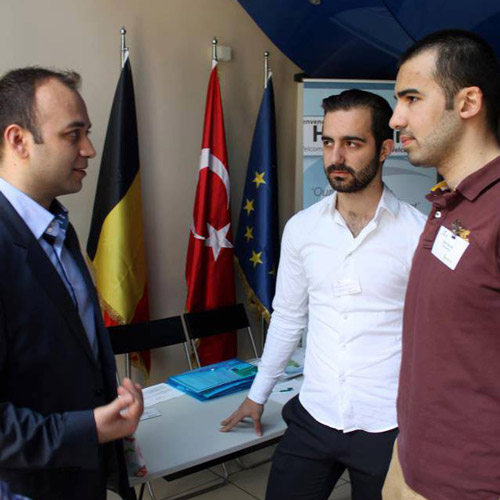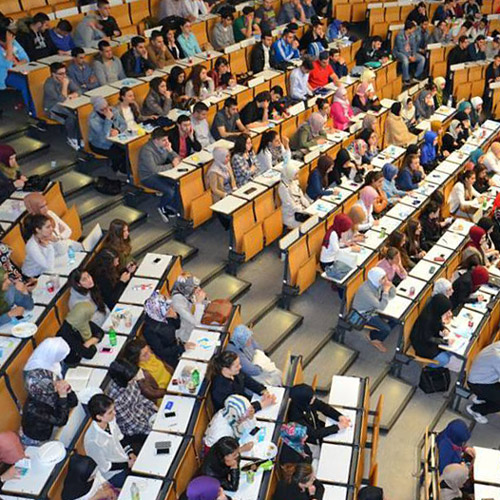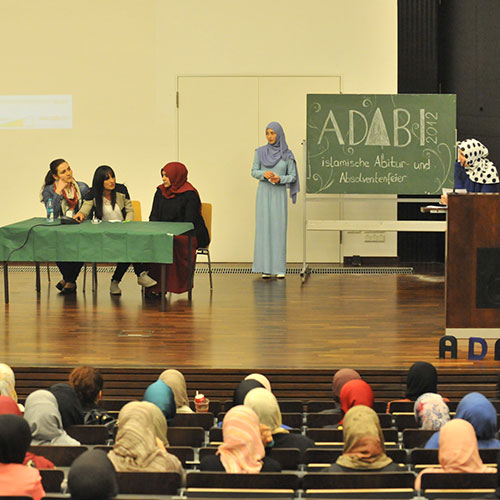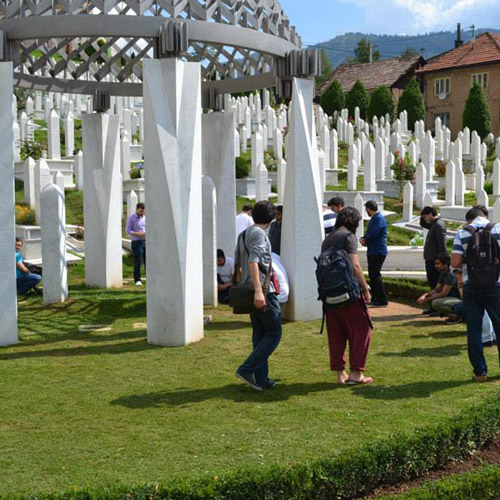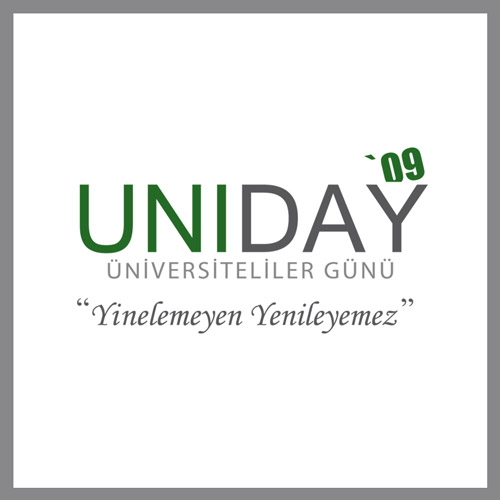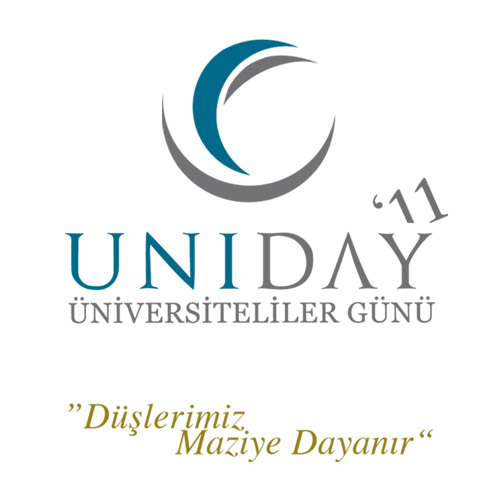Ebrahim Rasool, who was born in Capetown in 1962, studied pedagogy at the University of Capetown and received his master’s degree from the same university in 1984.
He joined politics just when he was a student at university. He was an active member of the United Democratic Front from 1983 until 1988 and worked for the party at administrative level.
He started working as the National Secretary of Call of Islam in 1984. In this post, he carried out activities in order to mobilize Muslims and made negotiations regarding the necessity of a much deeper understanding of Islam. In this respect, he presented his ideas about practicing religion under the circumstances of oppression, atrocity and apartheid regime as well as belief and religion.
In 1986, he took the responsibility of coordinating the World Conference themed religion and peace especially in South Africa. He continued this task until he became the Vice Rector at the University of Western Cape in 1991.
At the same time, he took charge in the African National Congress, which has been giving struggle against the apartheid regime in South Africa since its establishment in 1912 and has a great importance in the country. He worked as the responsible person for financial matters for the first three years and then became the president of the organization in 1998.
Furthermore, he worked at different regional administrative departments of Western Cape: health and social branches between 1994 and 1998; progress of economy and finance sector between 2001 and 2004. Rasool became the Premier of the Western Cape region from 2004 to 2008.
Ebrahim Rasool was granted various awards along with his political career. Some of these are the following: Nelson Mandela Award for Health (2005), Public Good Award (2008) from the World Congress of Muslim Philanthropists and the award from Business Against Crime for his activities carried out against crimes.
Ebrahim Rasool is the South African ambassador to the United States of America since 2010.








